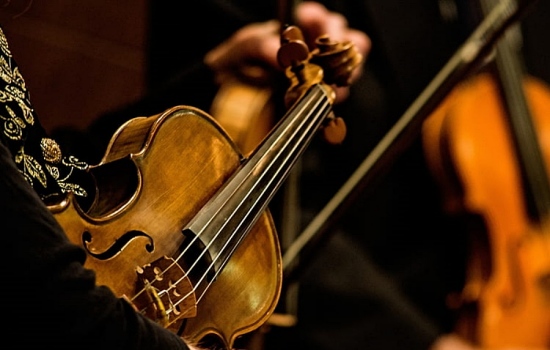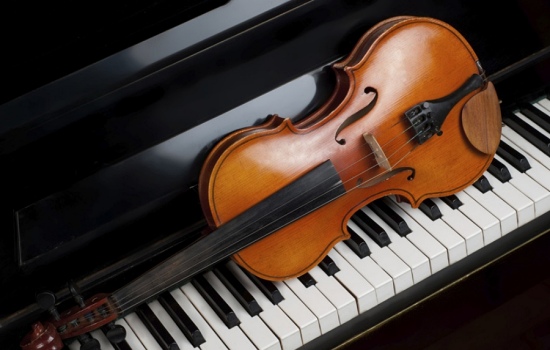Chopin. Polonaise in Ab Major, Op. 53. Heroic
The Polonaise in A-flat major, Op. 53 for solo piano, was written by Frédéric Chopin in 1842. This composition is one of Chopin's most admired compositions and has long been a favorite of the classical piano repertoire. The piece, which is very difficult, requires exceptional piano skills and great virtuosity to be interpreted at a high degree of proficiency. The polonaise was dedicated to Auguste Léo.
George Sand, Chopin's longtime lover and companion, responded vigorously to the Revolutions of 1848 as did many intellectuals of the day. When the 1848 Revolution began in France, women had no rights and Sand believed these were necessary for progress. Around this time, Sand started her own newspaper which was published in a workers' co-operative. This allowed her to publish more political essays, expressing her strongly felt convictions. In one of these, for example, she wrote, "I cannot believe in any republic that starts a revolution by killing its own proletariat." On hearing Chopin's Polonaise in A-flat major, Op. 53, Sand was left with a deep symbolic impression which she communicated to Chopin in their private correspondence. In one of their letters, she wrote passionately, "L'inspiration! La force! La vigueur! Il est indéniable qu'un tel esprit doit être présent dans la Révolution française. Désormais cette polonaise devrait être un symbole, un symbole héroïque!" (Translated: "The inspiration! The strength! The vigour! There is no doubt that such a spirit must be present in the French Revolution. From now on this polonaise should be a symbol, a symbol of heroicness!"). In spite of Chopin's reluctance to bestow descriptive names on his music, music scholars and concert pianists have nevertheless associated the grand architecture of the music with this sobriquet, "Heroic."
Arthur Rubinstein was a Polish American classical pianist. He received international acclaim for his performances of the music written by a variety of composers and many regard him as the greatest Chopin interpreter of his time. He was described by The New York Times as one of the greatest pianists of the twentieth century. He played in public for eight decades.
Throughout his life, Rubinstein was deeply attached to Poland. At the inauguration of the United Nations in 1945, Rubinstein showed his Polish patriotism at a concert for the delegates. He began the concert by stating his deep disappointment that the conference did not have a delegation from Poland. Rubinstein later described becoming overwhelmed by a blind fury and angrily pointing out to the public the absence of the Polish flag. He then sat down at the piano and played the Polish national anthem loudly and slowly, repeating the final part in a great thunderous forte. When he had finished, the public rose to their feet and gave him a great ovation.
When you subscribe to the blog, we will send you an e-mail when there are new updates on the site so you wouldn't miss them.








